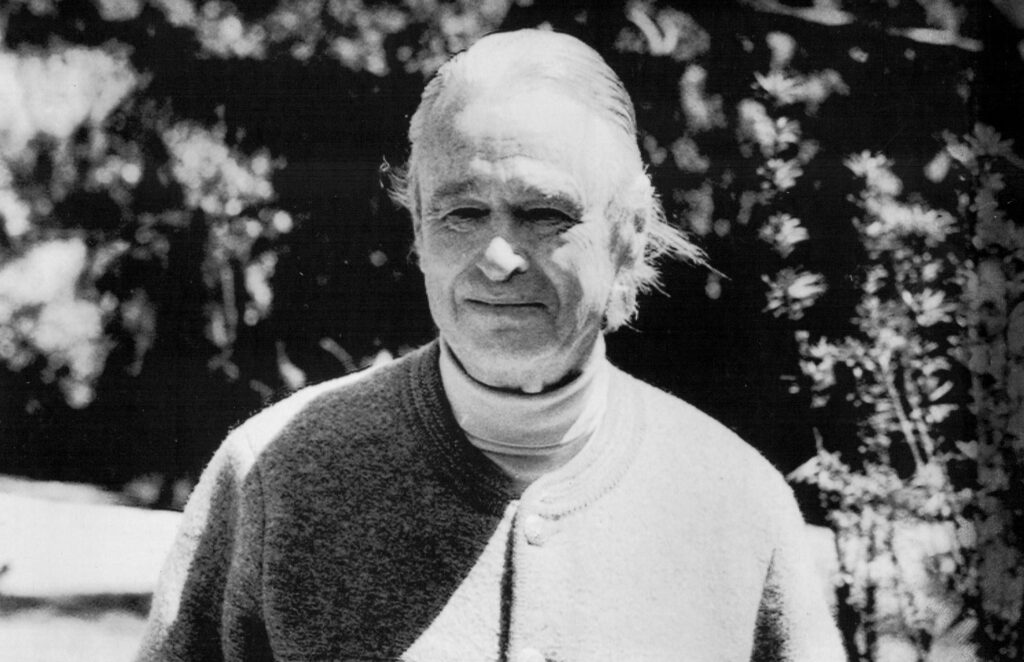Positioning the Anthropologist

In this unit (to accompany SAPIENS podcast S6E3), students will track the changes in anthropological scholarship by looking at the discipline before and after Margaret Mead’s groundbreaking publication, Coming of Age in Samoa. Students will plot the major theories in anthropology in the 19th and 20th centuries and will evaluate its progression to be more inclusive and to consider positionality, self-reflexivity, and multivocality.
- Describe the study of anthropology prior to Margaret Mead and the changes in anthropological scholarship after the publication of her early work.
- Evaluate the development of anthropology toward inclusivity, the positionality of the ethnographer, self-reflexivity, and multivocality.

Who Gets to Study Whom?
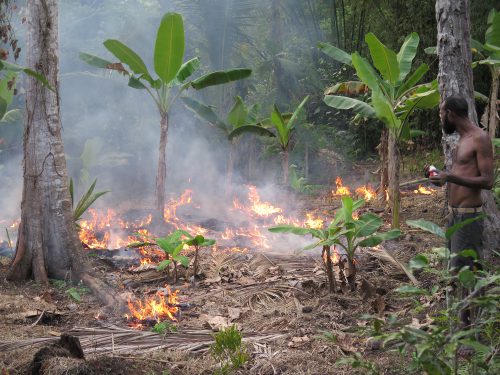
Indigenous Cultures Have Archaeology Too

Envisioning a More Empathetic Treatment of Great Ape Remains

Home-Carrying—A Repatriation Trip to Vanuatu 100 Years in the Making

Can Ancient DNA Support Indigenous Histories?
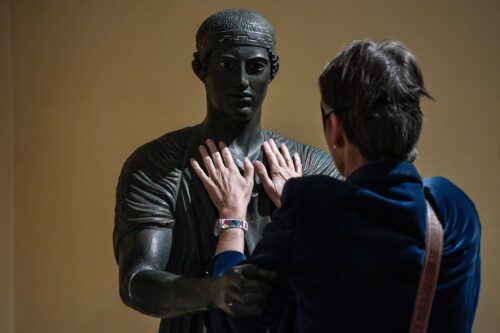
Can Embracing Copies Help With Museum Restitution Cases?

Can “Made in China” Become a Beacon of Sustainability?

Infant, Name Once Known
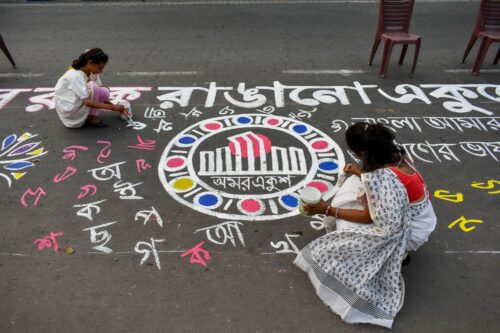
Enfrentando a impossibilidade – e a necessidade – de contar os idiomas do mundo

Solucionando o quebra-cabeça das torres antigas de Omã
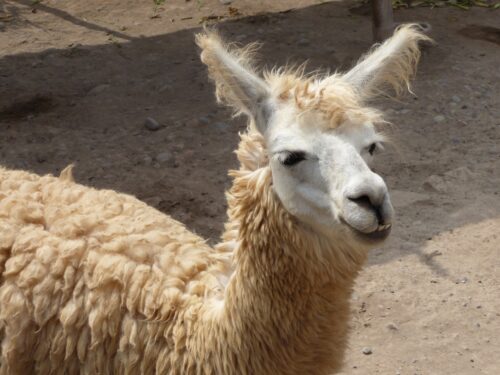
Escavar passados culinários – com a ajuda do cocô de lhama
-
The practice of providing equal opportunities and resources to people from different backgrounds, especially to those from marginalized communities who may otherwise be left out.
-
An approach to data collection and interpretation that includes multiple perspectives and worldviews.
-
The anthropologist’s awareness of their position, power, and perspective compared with the culture they are studying.
-
The practice of self-criticism and reflection to acknowledge and understand how the anthropologist’s own culture and personal experiences influence their views and biases.
- Discuss the strides anthropology has made toward inclusivity and the movement within the discipline to collaborate with and elevate Indigenous voices.
- During the 19th century and early 20th centuries, the field of anthropology was dominated by researchers from colonizing nations. The debate between Derek Freeman and Mead was about their different conclusions regarding Samoan culture, particularly adolescence. Discuss how the voices of Samoans were absent from the conversations.
- Since Mead’s publication in 1928, and the later Mead–Freeman controversy, anthropology has moved to include Indigenous voices and to emphasize the collaboration between those voices and those of anthropologists. Discuss how inclusivity in anthropology and the decolonizing of the discipline allows for a better understanding of the culture being studied.
- Discuss the major theories of cultural anthropology from the 19th to the 21st centuries. Explain how Franz Boas, Mead’s mentor, believed in cultural relativism and how this theory shaped her work. What conclusions did Mead draw from being immersed in Samoan culture?
- Why is inclusivity important in anthropology? Explain the need for multivocality and the insider perspective brought by Indigenous voices. Discuss how those voices were not heard in anthropology in the 19th and early 20th centuries and the impact that had on the field.
- Ask students to debate if enough strides have been made in inclusivity within anthropology.
-
Narayan, Kirin. 1993. “How Native Is a ‘Native’ Anthropologist?” American Anthropologist 95 (3): 671–686.
-
Nelson, Peter. 2021. “Where Have All the Anthros Gone? The Shift in California Indian Studies from Research ‘On’ to Research ‘With, For, and By’ Indigenous Peoples.” American Anthropologist 123 (3): 469–473
- What does inclusivity look like in anthropology? How successful has the field been in moving toward it? What does multivocality entail in anthropology?
- Read the SAPIENS article “Unsung Native Collaborators in Anthropology.” The author points out that Indigenous peoples have often collaborated with anthropologists but without the same recognition as their White counterparts. This was also true for Mead’s work. Have anthropologists improved in this area? What still needs correcting?
- What are the key theories of anthropology over time?
- How has anthropology changed to be more inclusive since the 20th century? How is collaboration cultivated to encourage inclusivity?
- Describe the positionality of the ethnographer, self-reflexivity, and multivocality in anthropology.
- Create a timeline of the relevant theories in anthropology from the 19th to the 21st centuries.
- Write an essay on the subject of anthropology prior to Mead and discuss the changes that occurred after her publication, Coming of Age in Samoa. Compare the approaches.
- Find three recent examples of anthropological studies that are inclusive. Write an essay evaluating inclusivity, the positionality of the ethnographer, and self-reflexivity in each study.
-
Book: Margaret Mead’s Coming of Age in Samoa
-
Film: Frank Heimans’ Margaret Mead and Samoa
-
Podcast: Postcolonialism: Anthropological Theory. A Podcast Created by Anthropology Students
-
Video: Manufacturing Intellect’s Margaret Mead Interview on Cultural Anthropology (1959)
-
Video: Smithsonian Education’s Anthropologies of Inclusion: Recognizing a Common Humanity
Jasmine Rubel, Freedom Learning Group
Mead Versus Freeman
